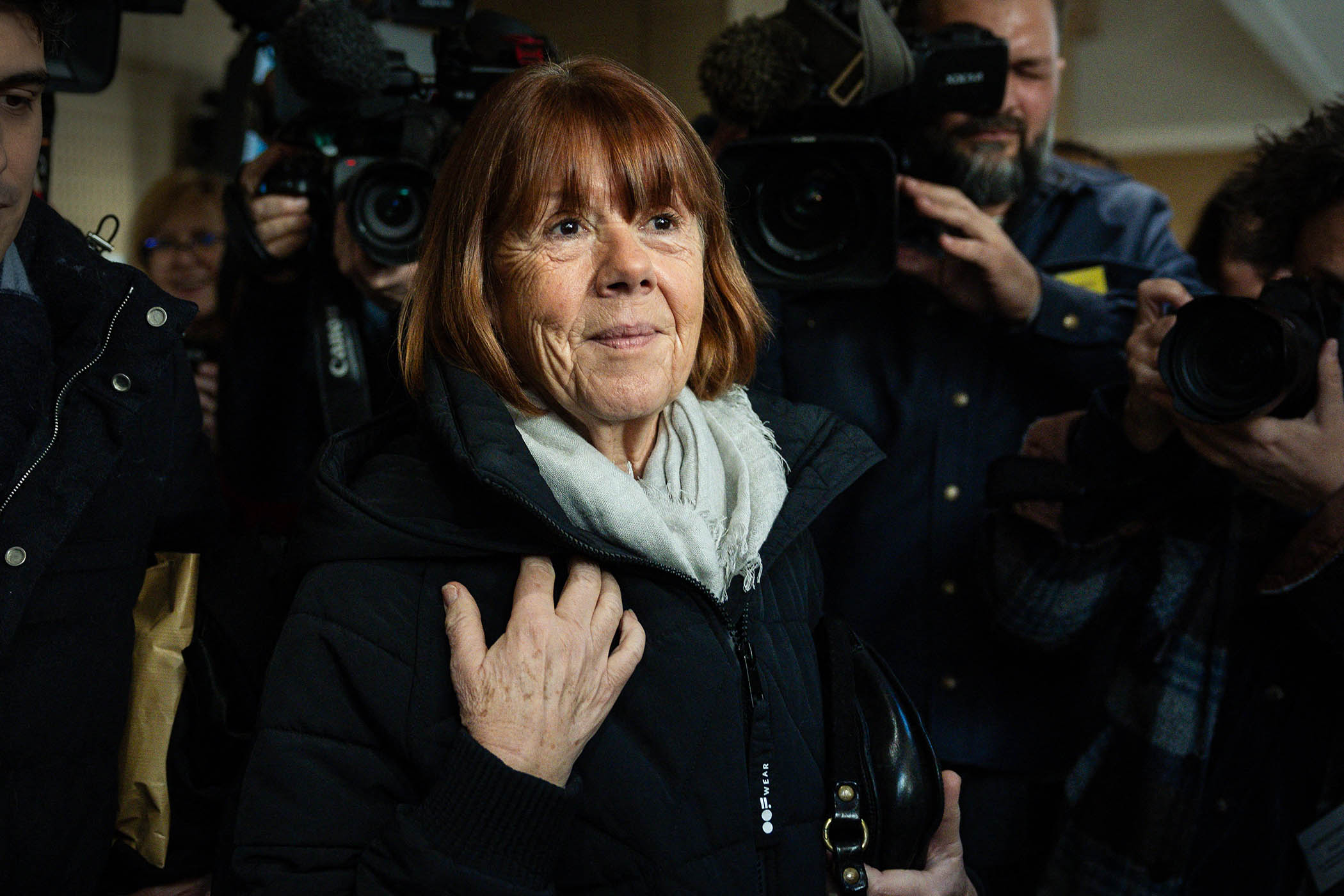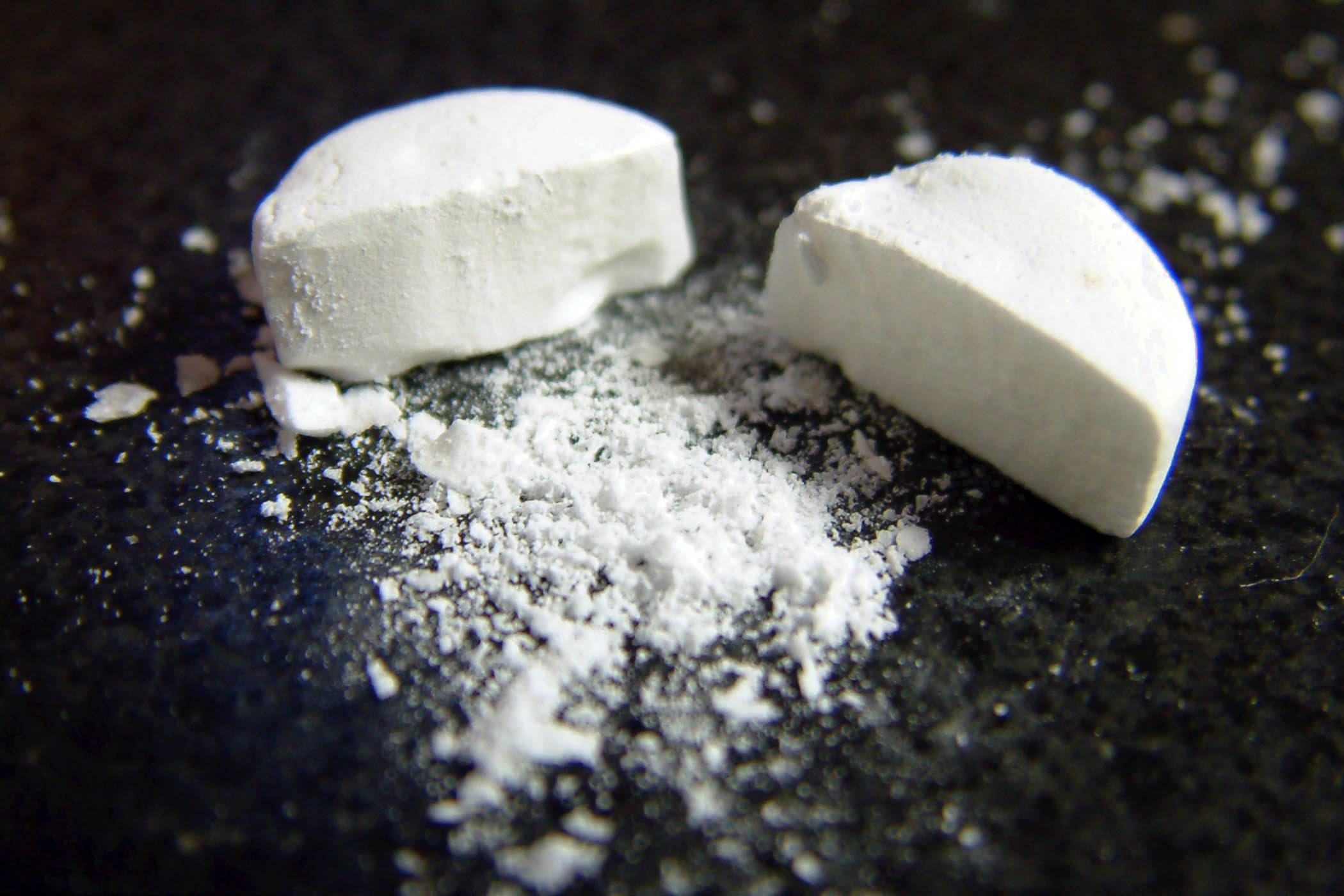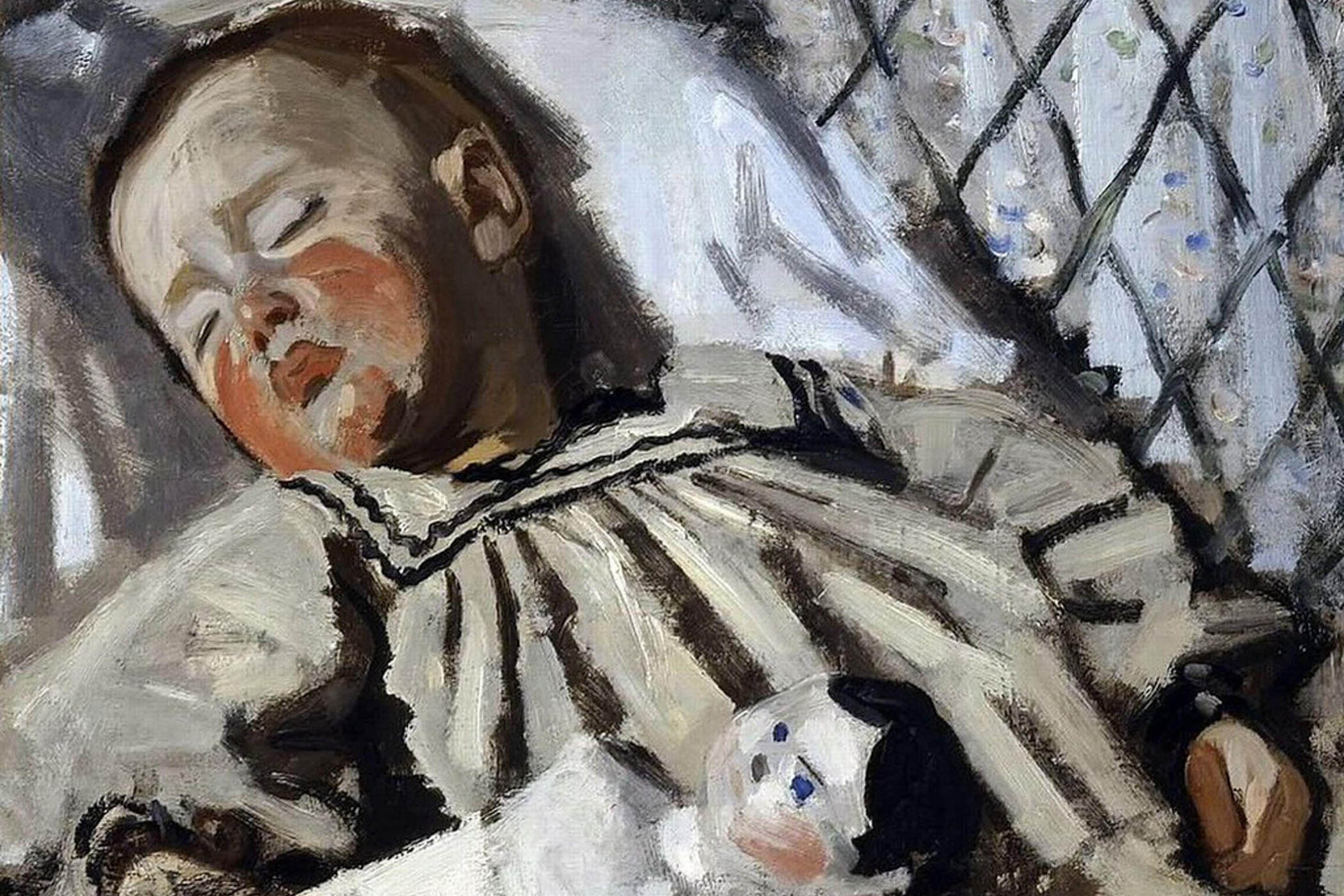Gisèle Pelicot walked out of court in Avignon last year, after her former husband and 50 men were convicted of raping or abusing her while she was unconscious, hoping to get on with the rest of her life.
On Monday, the woman who forced shame to change sides after insisting the trial be heard in public will return to court for a new ordeal, after one of the men appealed.
Husamettin Dogan, an unemployed builder, has appealed against his conviction and nine-year sentence for aggravated rape despite admitting that Pelicot was so inert when he touched her he thought she was dead.
The lawyer Antoine Camus, who with his colleague Stéphane Babonneau represented Pelicot, 72, at the Avignon trial, said he was incredulous at Dogan’s decision.
“He thought she was dead; he penetrated a person who was not in any state to express consent. The only word for that is rape,” Camus told The Observer this week. “We can all see what he did in the videos. Rape is rape.”
‘He penetrated a person who was not in any state to express consent. The only word for that is rape’
‘He penetrated a person who was not in any state to express consent. The only word for that is rape’
Antoine Camus, lawyer
Dogan, 44, was one of the 50 men recruited by Pelicot’s husband, Dominique, from an online chat room.
For almost a decade, Dominique, 72, by day an apparently devoted husband, father and grandfather, by night what the psychologists labelled an “ordinary monster”, laced his wife’s food and drink with a cocktail of drugs that left her unconscious.
He then invited strangers to rape her while he filmed them. At least another 30 men in the videos remain unidentified. The horrifying details and depravity of the case shook France and the world, and forced a rethink on issues of consent and rape culture.
Legislation defining sexual assault and rape as “any non-consensual sexual act” – currently defined as an act of penetration involving “violence, constraint, threat or surprise” – was adopted by the upper house, the Sénat in June. The bill has yet to be passed by the lower house, the Assemblée Nationale, which is paralysed after MPs brought a second government down in a year.
Dogan was one of the first to give evidence of those who scuttled in and out of the Avignon court room for three and a half months last autumn.
Newsletters
Choose the newsletters you want to receive
View more
For information about how The Observer protects your data, read our Privacy Policy
Some hunched with shame and remorse, others took refuge in denials destroyed by frame after frame of grim and grainy video. Most rape cases pit the victim’s word against the perpetrator’s. In this case, Pelicot could say nothing about her experience, but the videos spoke for her.
The majority of defendants insisted Dominique had trapped and tricked them, therefore it was not rape. Dogan claimed he was a victim. He argued. He cried. He grew angry under questioning. He tangled himself in conflicting knots inside the court and shouted at journalists outside. He was intransigent on only one point: he was not a rapist.
Psychological reports revealed Turkish-born Dogan, who came to France as a boy, had smoked cannabis since he was 11, had been convicted for drug dealing, and gave up work to help his wife to look after their adult son with Down’s syndrome. He declared himself bisexual, “happily married” with a liberated extra-conjugal sex life.
One evening in June 2019, he drove more than 30 miles to the village of Mazan where he stripped on the terrace of the Pelicots’ home. He entered the bedroom wearing only a condom.
“I thought I was taking part in a sex game. He [Dominique] said his wife pretends to be asleep during sex. It was their thing,” he told the court. Seeing Pelicot, inanimate and with one leg dangling strangely off the bed, he said: “This woman looks dead.”
“Pelicot told me: ‘She’s not dead.’ It was a sex scene … I only started having doubts when she started snoring.”
The nuance of his defence was he had not gone there “especially” to have sex with a drugged woman. Pelicot had deceived and intimidated him. He was the victim had been badly treated by police, vilified by the public.
“I have been insulted in the street. People call me a rapist. I’m not a rapist. I am disrespected,” Dogan said. “I am a victim of Pelicot.”
Asked if Gisèle Pelicot was a victim, he said: “That’s something else – she was his wife. I was caught in a trap.”
He is the last of the 17 men who contested their convictions or sentences to maintain his appeal. After 16 months on remand, he was released before last year’s trial and remained free after his conviction in December to seek medical treatment for arthritis and exhaust the appeal process.
His lawyer Sylvie Menvielle said he was determined “to be heard and explain what he went through”.
“He denies any intention of rape. He is maintaining his appeal, both on the question of his guilt and on his sentence,” Menvielle said.
The appeal will run from tomorrow to Thursday at the appeal court in Nîmes. Dominique Pelicot was sentenced to the maximum 20 years in jail – his lawyer Béatrice Zavarro said he could have appealed for an earlier release. “He didn’t do so because he didn’t want to put his [former] wife through another trial. He said she’d suffered enough,” Zavarro said.
Camus believes Dogan is pinning his hopes on convincing the jury. Last year’s trial was judged by professional magistrates. Pelicot will be in court every day, he said. “Until the appeal is done, she cannot turn the page. For Gisèle, like all victims of rape, having the crime legally recognised is important. All she wants, has ever wanted, is for what she suffered to be recognised as rape.”
Camus added: “She would have preferred not to have to go to court again, not to have to see the videos again. But she will go to Nîmes in the hope of finally having closure in this sordid business and being able to move on from the darkness and horror she has suffered.”
• This article was amended on 7 October
Photograph by Clement Mahoudeau/AFP via Getty Images



